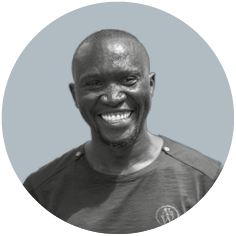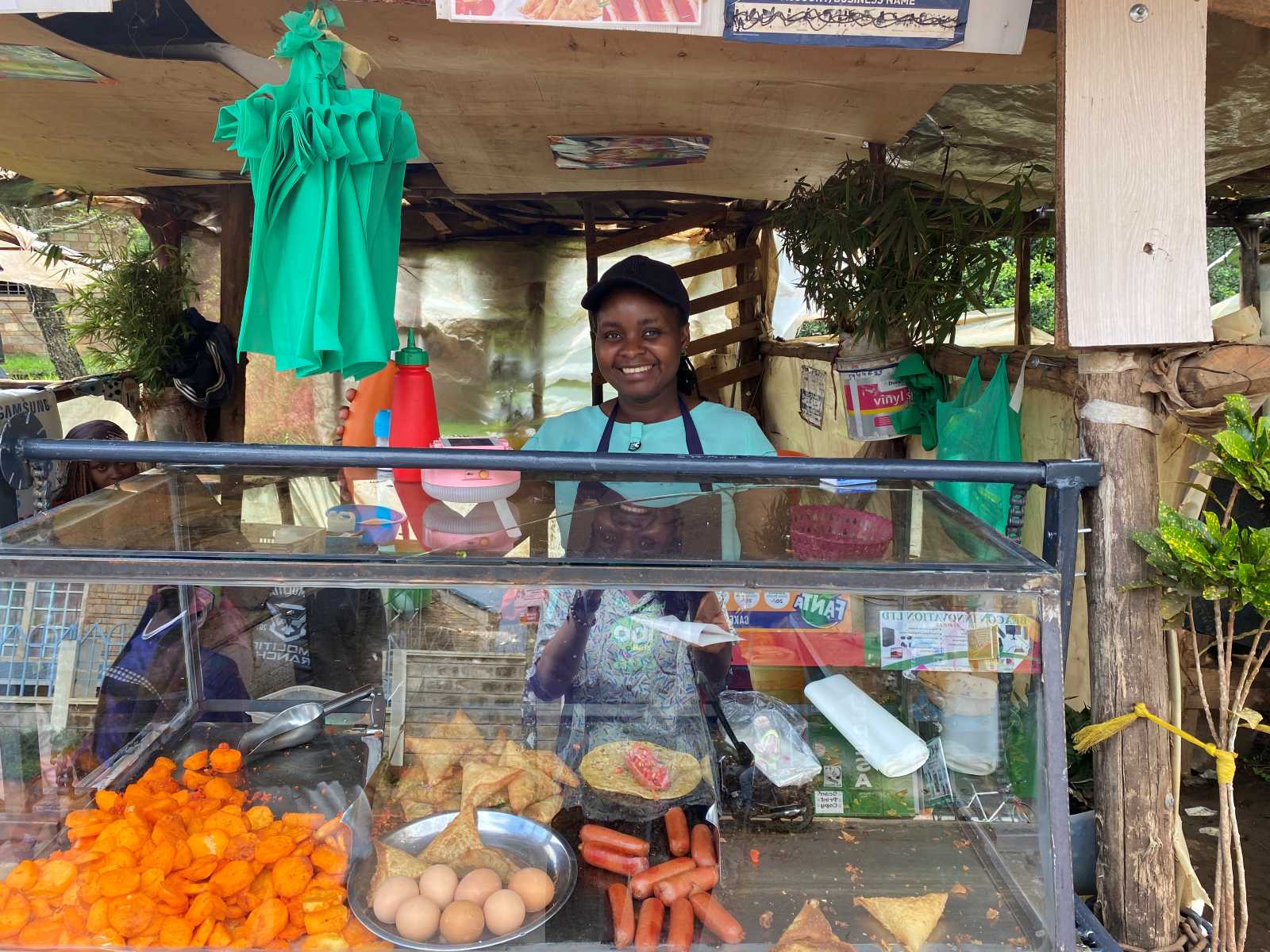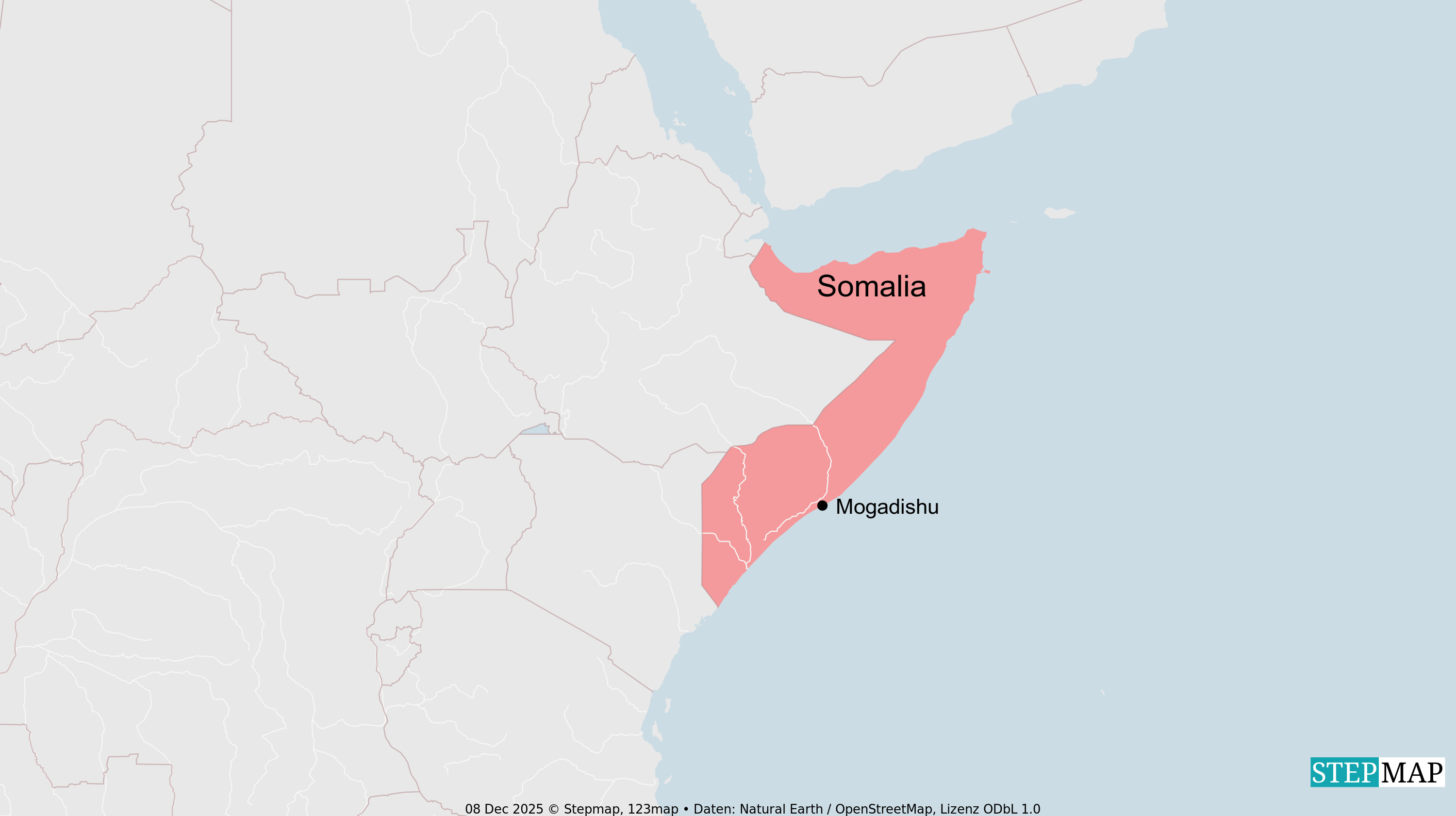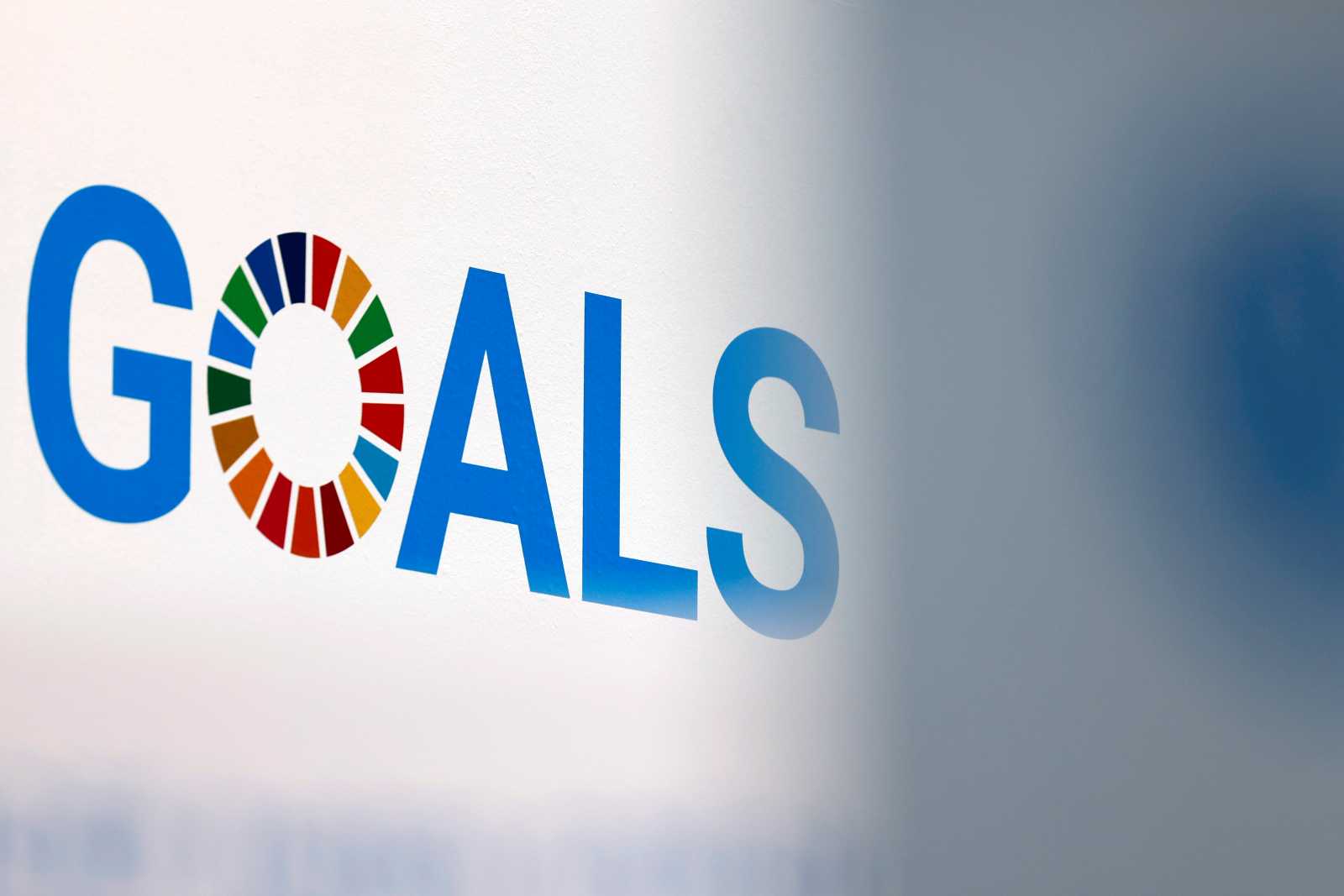Migration to Germany
“The opportunities I found here outweigh many of the challenges”
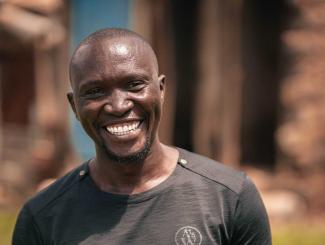
This article is part of a series featuring migrant voices from different parts of the world to Germany, including a nurse from Myanmar, a woman from Ukraine and a journalist from Syria.
Who are you, and where are you from?
My name is Boniface Mwangi. I’m from Kenya, specifically from Kiambu county. I’m a civil engineer by profession.
Why did you decide to come to Germany?
I was searching for greener pastures. In other words, I came here looking for better job opportunities. Although there are jobs for civil engineers in Kenya, they are often not well paid – sometimes not even enough to cover basic living expenses. I also often worked on projects funded by USAID, but when the US agency scaled back its operations and eventually shut down, I was affected too. And the layoffs began long before the exit was finalised.
How did the process of coming to Germany work?
It all started when a close friend of mine – my best friend from Kenya – went to Germany. He told me about his experience, and I thought I should give it a try. He connected me with someone who later became my employer. And this man, my current boss, supported me through the whole process – securing my job, arranging my visa, preparing the applications, booking the flight and even dealing with the embassy. He made everything possible. And now I am here since July.
What are the biggest challenges for you?
The hardest part is being away from home and adjusting to an entirely new environment. I have to come to terms with what I had left behind – especially my memories of Kenya, my mother and my daughter. But the opportunities I found here outweigh many of the challenges.
Bridging the gap between the two worlds – Kenya and Germany – is also a constant struggle. Language is another barrier. I rely on people who speak English, but I live in a rural area in the southwest of Germany, where not many people do. I’m also worried about the cold winters – they scare me a bit.
German communication is very direct, much more so than in Kenya. This can feel disrespectful to someone raised in a different culture, but I’ve learned that it’s just the way people express themselves here. You have to adapt to that.
Who or what helped you during your first weeks in Germany?
Relatives of my Kenyan friend, as well as other people connected to them, helped me a lot. The man who is now my boss also went out of his way to support me. I could ask them anything, and they were always ready to assist. Thanks to them, I already feel like I have a kind of social network here.
Do you feel like you have arrived – like you are at home now?
To some extent, yes – I do feel at home. But there are still gaps I need to close to fully feel settled. Learning the language and getting a driver’s license, for example. I think having my family here would also make a big difference. Being separated from my child, with no opportunity to see her, is very hard for me.
Another source of uncertainty is how long I can remain in Germany. Of course, I want to secure a long-term stay. If I had that assurance, I would feel much more at ease. I don’t plan to return to Kenya permanently, at least not anytime soon. If I go back, it will be as a visitor or tourist.
Boniface Mwangi is a civil engineer from Kenya. He currently works in Germany at a caretaker and gardening service.
info@bonipfalz.de
